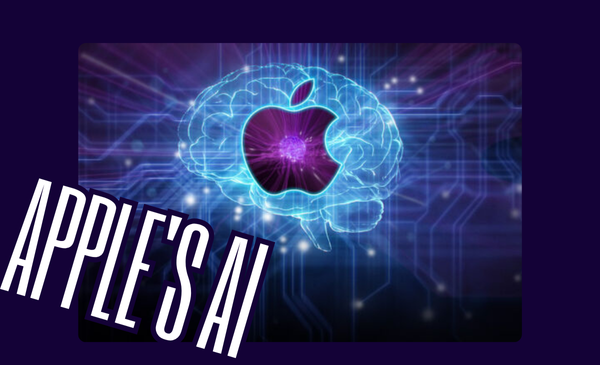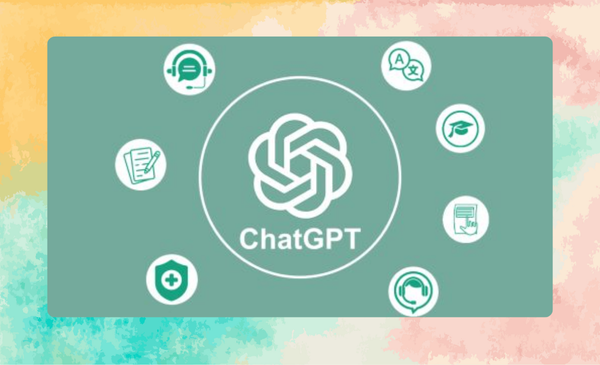Navigating Apple’s AI Integration: Balancing Data Privacy and Functionality
Apple’s announcement at its Worldwide Developers Conference this week, revealing the addition of artificial intelligence (AI) to its products and a partnership with OpenAI, the creators of ChatGPT, has sparked considerable curiosity about how these AI features will function.

Apple Intelligence vs. ChatGPT
Why does Apple need ChatGPT if it has its own AI? The answer lies in their different roles.
Apple Intelligence, the collective name for all of Apple’s AI tools, acts like a personal assistant, using specific information about your relationships, messages, emails, calendar events, and other personal data to help make your life easier. For instance, it can help you find a photo from a concert you attended, locate an email attachment, or prioritize your notifications.
However, Apple Intelligence doesn’t possess “world knowledge” — general information about history, current events, and other broad topics. That’s where ChatGPT comes in. Siri can forward questions to ChatGPT (with your permission) or assist in drafting documents within Apple apps. Apple also plans to integrate other third-party AI models in the future, making access to ChatGPT more seamless for users.
What Does This Mean for My Data?

Since Apple Intelligence and ChatGPT serve different purposes, the type and amount of data they handle will differ.
Apple Intelligence will access a wide range of personal data, including your communications, photos, videos, and calendar events. There’s no clear way to prevent this access other than not using its features; Apple hasn’t provided further details on this yet.
ChatGPT, on the other hand, won’t automatically have access to your personal details unless you choose to share them. During a demo, Apple showed Siri asking for user permission before sending a prompt to ChatGPT.
As part of its deal with Apple, OpenAI agreed not to store prompts from Apple users or collect their IP addresses. However, if you log into an existing ChatGPT account through Apple, OpenAI might still access your data.
Can You Trust Apple with Your Data?
While users will need to share their personal information with OpenAI to use ChatGPT, Apple says that Apple Intelligence will mostly process data on your device, reducing exposure risks. Processing data locally means your information is less likely to be intercepted or hacked.
When more processing power is needed, Apple Intelligence will send your data to Apple’s cloud platform, where a more advanced AI model will handle the request. Apple claims this process, called Private Cloud Compute, ensures that even Apple cannot see your data. After processing, the system erases any user data involved.
Apple’s tight control over its technology, from custom chips to software, makes this privacy approach possible. The company invites researchers to test this claim, aiming for transparency and security.
How Was Apple’s AI Trained?
Apple’s AI models required training data, just like any other AI. This raises questions about the data sources Apple used.
Apple states its models are trained on licensed data, chosen to enhance specific features. They do not use private personal data or user interactions for training and filter out personally identifiable information from public sources.
However, Apple admitted to using public internet data, similar to other AI companies facing copyright challenges. Publishers can block Apple’s web crawler, but this responsibility falls on them, not Apple.
Additional Considerations
Apple’s AI advancements mark a significant shift in data usage and management. Users should stay informed about their privacy rights and the practices of companies handling their data.
Apple’s privacy commitment might push other tech giants to adopt similar measures, setting a new industry standard. As AI evolves, balancing functionality with privacy will be crucial.
Conclusion
In summary, Apple’s AI integration aims to enhance user experience while prioritizing privacy. By understanding the roles of Apple Intelligence and ChatGPT and the measures to protect data, users can make informed choices about interacting with these technologies. The future of AI holds promise, but it must be implemented responsibly to protect individual privacy.

Subtly charming pop culture geek. Amateur analyst. Freelance tv buff. Coffee lover
